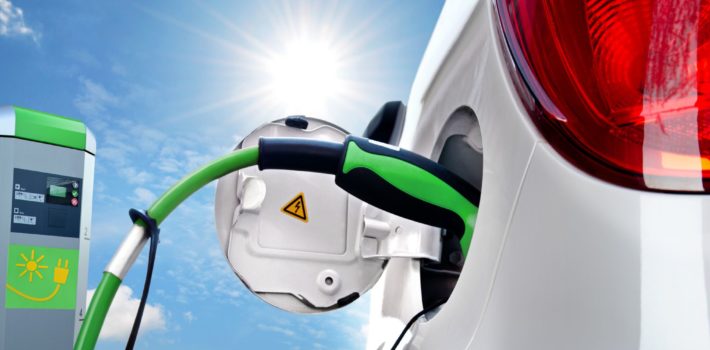In July 2021, for the first time, more than one million e-cars were rolling on Germany’s roads, out of a total number of more than 48 million passenger cars. E-cars, however, refer to pure electric cars, the “Battery Electric Vehicles – BEV”, which are only vehicles with an electric motor and battery. However, plug-in hybrid vehicles (“PHEV”) are also included in the statistics. Plug-in hybrids are vehicles that, in addition to an electric motor and battery, also have an internal combustion engine with a tank.
Купить электронный автомобиль в новом году
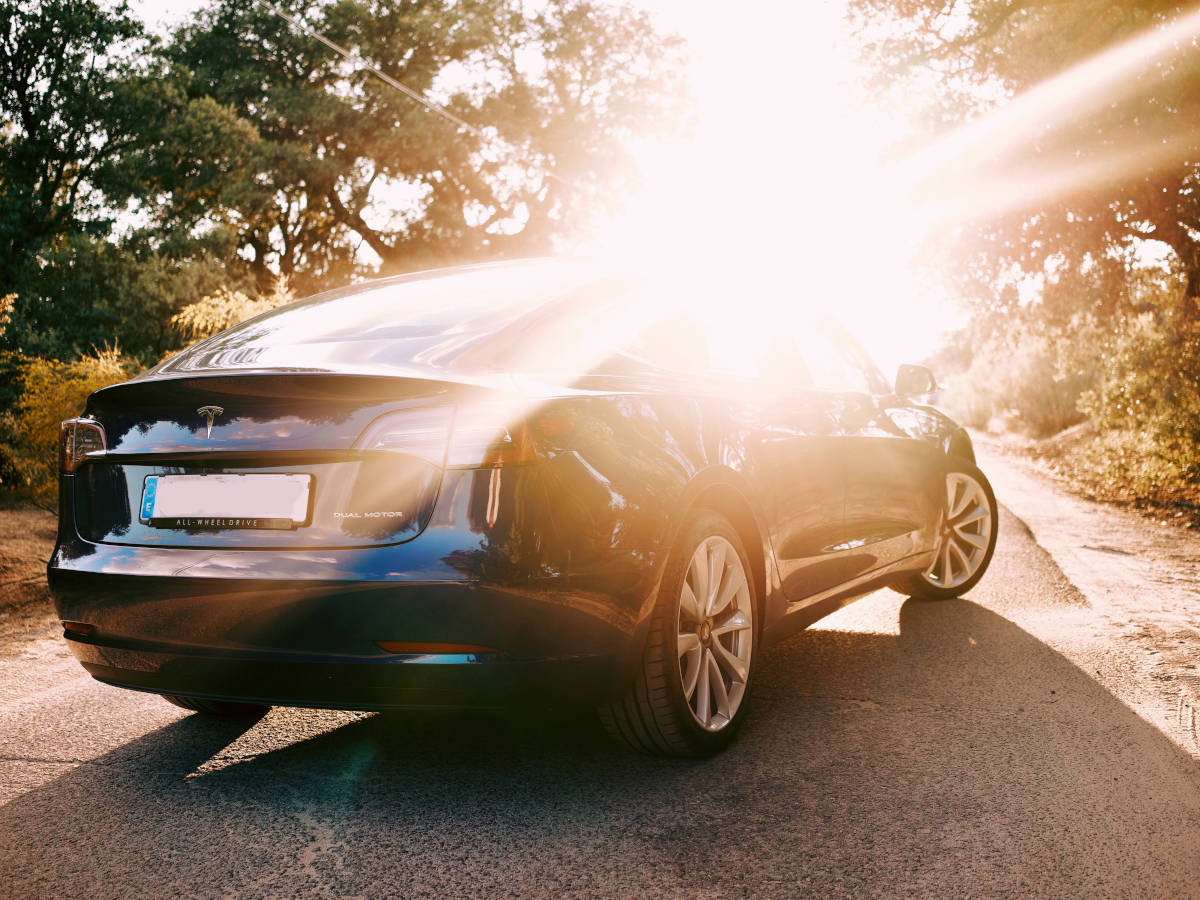
Record registrations
Never before have so many e-cars been registered in Germany as in November 2021. In terms of numbers, there were over 40,000 vehicles and thus about 20 % of all new registrations. Electric cars even surpassed the share of diesel vehicles with about 15.8 %. In the first eleven months of 2021, about 307,000 electric vehicles were newly registered, up from just 194,000 registrations in the previous year, an increase of 55 per cent. The goal is to have 15 million electric cars rolling on Germany’s roads by the end of 2030.
Rapidly growing population
Purely electric vehicles, BEVs, are nevertheless rather exotic, as only about one in a hundred vehicles in Germany is purely electric. However, government subsidies and an increasing choice of models are leading to a large increase in sales, which is why in September 2021, for the first time, more e-cars were newly registered than diesel vehicles. German manufacturers are converting their production facilities and even manufacturers such as Jaguar, Volvo, Bentley as well as Ford are planning to produce only electric cars by 2030. After all, Germany wants to be climate-neutral by 2045, with the consequence that the transport sector, as the third-largest emitter of greenhouse gases, will have to change completely.
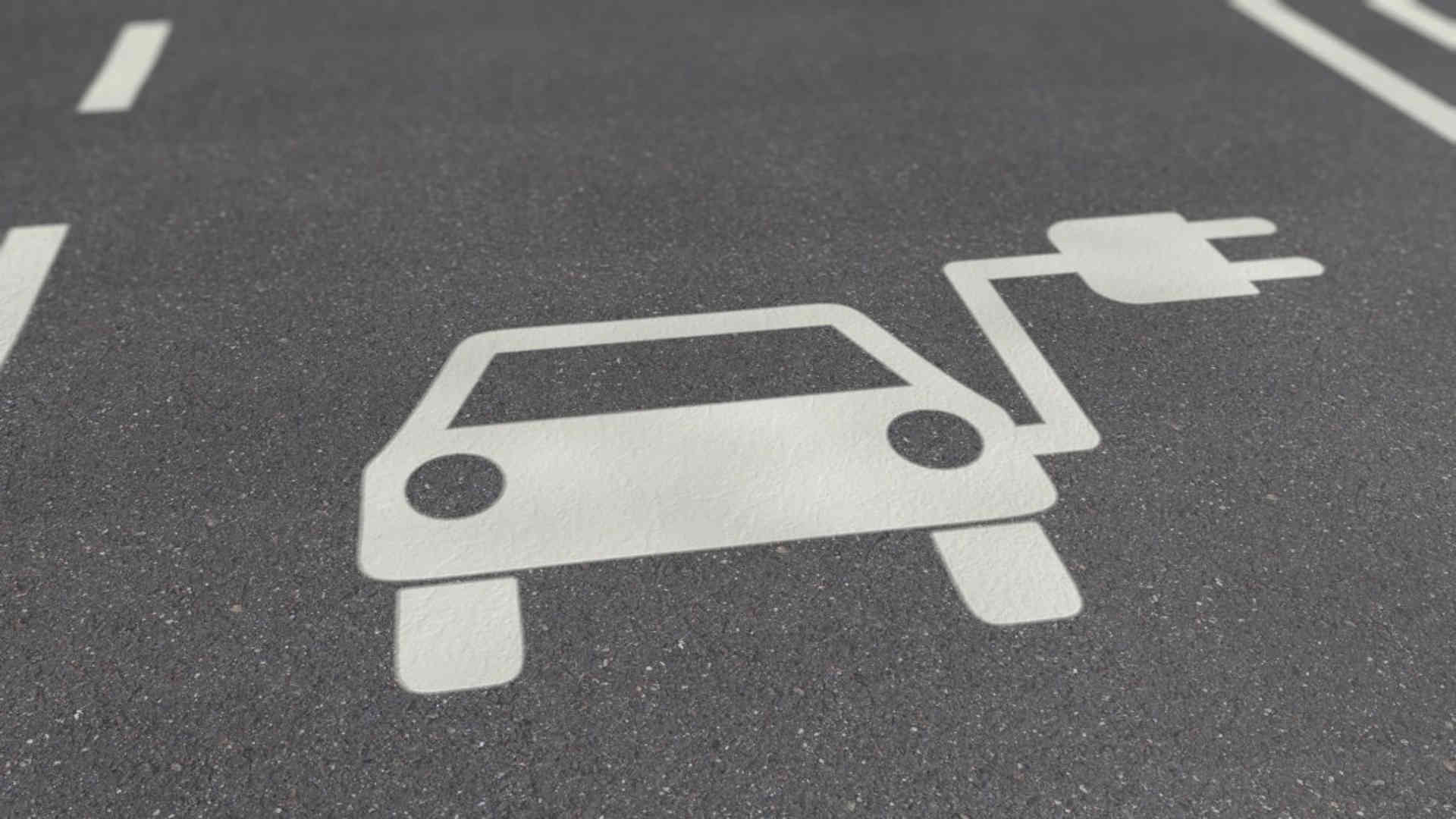
E-cars increasingly in focus
A new era has begun. For many years, combustion engines set the tone, with no one thinking about the environment or even climate compatibility. Nevertheless, we are all heading into a climate-friendly era, which gives us further hope. Even buyers of a combustion engine will certainly not go wrong if they want to drive their vehicle for a long time. They are getting a mature technology equipped with modern, low-emission engines that will continue to give their drivers pleasure for many years to come.However, many buyers are now getting the chance to get their first e-car. Massive purchase bonuses from both the state and the manufacturers are making electric cars increasingly interesting. The high premium makes the purchase of an electric vehicle attractive even for those who may have previously only considered a used car. Furthermore, better and better e-models are coming onto the market. While plug-in hybrids make it possible for long-distance drivers to make the switch, the ranges of pure electric vehicles are also increasing. The infrastructure for chargers is being expanded and many people and companies are buying a wallbox. The general conditions for electric vehicles are becoming much better. It can also be assumed that in a few years many electric vehicles will be on the market as used cars, so that good vehicles with a sufficient range will be available at reasonable prices. Confidence is the order of the day. Everyone needs to understand that we need to take care of our planet for our own sake.
Decision making for the buyer
People who want to buy a new car are always faced with the question of whether an e-car is worthwhile for them. Whether buying or leasing: a vehicle should be climate-friendly, environmentally friendly and affordable at the same time. However, many buyers wonder whether a vehicle will last on a long-distance trip, such as from Frankfurt to Berlin or even abroad. Numerous reports show that journeys with an e-car are not quite as relaxed as vehicles with a combustion engine. However, such concerns are long outdated. Most electrically powered small vehicles can now travel about 300 kilometres, and if driven carefully, they can even travel up to 500 kilometres without stopping. This is certainly not yet enough for a trip from Frankfurt to Hamburg. A mobility study commissioned by the Federal Ministry of Transport in 2019 found that most motorists travelling in cities or metropolitan regions only travel an average of about 22 kilometres a day by car. The situation is no different in rural areas, where the average distance travelled by private car is also around 37 kilometres. Nevertheless, many potential car buyers remain sceptical about electric vehicles. The main reasons are the range, the price of the purchase, but also the provision of public charging stations.
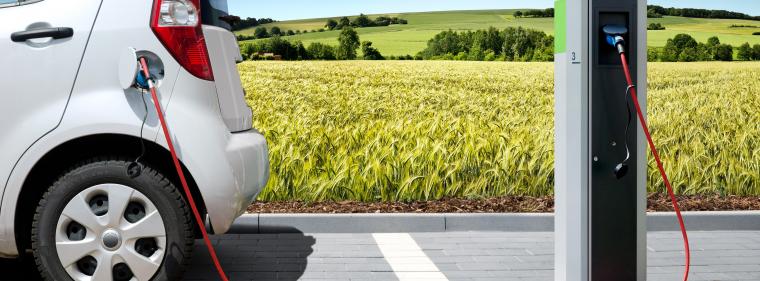
Charging points
However, the availability of charging stations no longer seems to be a problem in the meantime. For long distances, there are currently 50,000 charging stations spread across the country. Motorists can find a comprehensive overview of all currently available charging stations in Germany on the website “ladesäulenregister.de”, which is operated by the German Association of Energy and Water Industries (BDEW). The website does show that there are still areas in rural areas where a charging station is 30 kilometres or more away. However, the network of available charging stations is equally sparse in many areas. In addition, many people in rural areas live in single-family homes where they can install a “wallbox” that allows them to charge an e-car.
Further expansion of available charging stations planned
The new Federal Minister of Transport, Volker Wissing, is planning further massive expansion of public charging stations. He promises much more speed in the expansion and even let it be known that a nationwide supply of available charging stations is part of the state’s public welfare. This means both the construction of fast charging stations on motorways, but also in rural areas. The politician recently said on ZDF that an attractive mobility offer for everyone cannot include waiting for hours to charge one’s own car.
Electric cars are worthwhile not only ecologically but also economically
ADAC specialists calculated that it is not only ecologically but also economically worthwhile to switch to an electric vehicle or a plug-in hybrid. If all costs of a vehicle are added up, ranging from the purchase price to all operating and maintenance costs to the loss in value, the difference between vehicles with combustion engines and electric vehicles becomes increasingly smaller. According to the ADAC, many electric models are already cheaper. In addition to lower maintenance and energy costs, electric cars also have a tax advantage. Vehicle tax is waived for these vehicles for ten years.
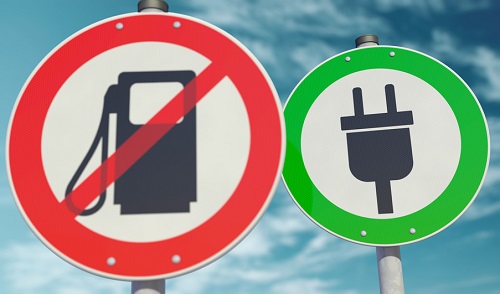
Price as a decision criterion
For many who are considering whether to buy an e-car, the decisive criterion is the price. In general, e-cars are still accused of being too expensive and economically unviable. However, the initial disadvantages compared to vehicles with combustion engines are increasingly fading. A small car, such as the Renault Zoe, can be had for as little as 21,000 euros thanks to the government’s environmental bonus of 9,000 euros. The ADAC calculations have already included the government subsidy of up to 9,000 euros for purely electrically powered vehicles and up to 6,750 euros for plug-in hybrid vehicles. The ADAC advises all prospective buyers of an electric vehicle to take a close look at the model in question and also to include the annual mileage. Buyers should note that e-cars not only have tax advantages, but the costs for maintenance and energy are also significantly lower.
Germany’s most successful e-car 2021
Germany’s most successful e-car is likely to be Tesla’s Model 3 again in 2021. More than 29,000 vehicles of this type were registered by the end of November 2021. This front-runner was followed in second place by VW’s small car UP with 25,450 registered vehicles. And that even though this model has not been available to order for months. Third place in new registrations of electric cars is taken by Volkswagen with the ID.3. This model is a kind of e-Golf, of which 25,200 were registered by the end of November 2021 after all.
Renault’s small car Zoe is also particularly popular in Germany, reaching fourth place in new e-car registrations with 20,165 registrations up to and including November 2021. The Zoe even reached the top position of all registered electric vehicles in November 2021 with 4,200 first registrations in Germany, even ahead of Tesla.
Things are a little more sporty at BMW. The Munich-based company managed to break into the statistics for the first time with the i4 in November 2021. 152 new vehicles of this model were registered. However, the four-door sedan has its price, it costs between 59,200 euros and 70,600 euros without subsidies – depending on the version.
But cheaper is also possible. The Cupra Born from Seat celebrated its premiere only recently. This vehicle is already available for around 32,700 euros minus an environmental bonus.
Volkswagen is holding out the prospect of another affordable electric vehicle in the form of the ID.1 model, which is the successor to the UP. This vehicle is expected to cost only around 11,000 after deduction of the purchase premium. Interested parties, however, will have to wait until 2024. However, Volkswagen plans to launch the ID.2 first in 2023. The ID.2 is a small SUV model that can probably be purchased for around 20,000 euros.
Overall, however, the available supply of affordable electric cars will improve significantly.




